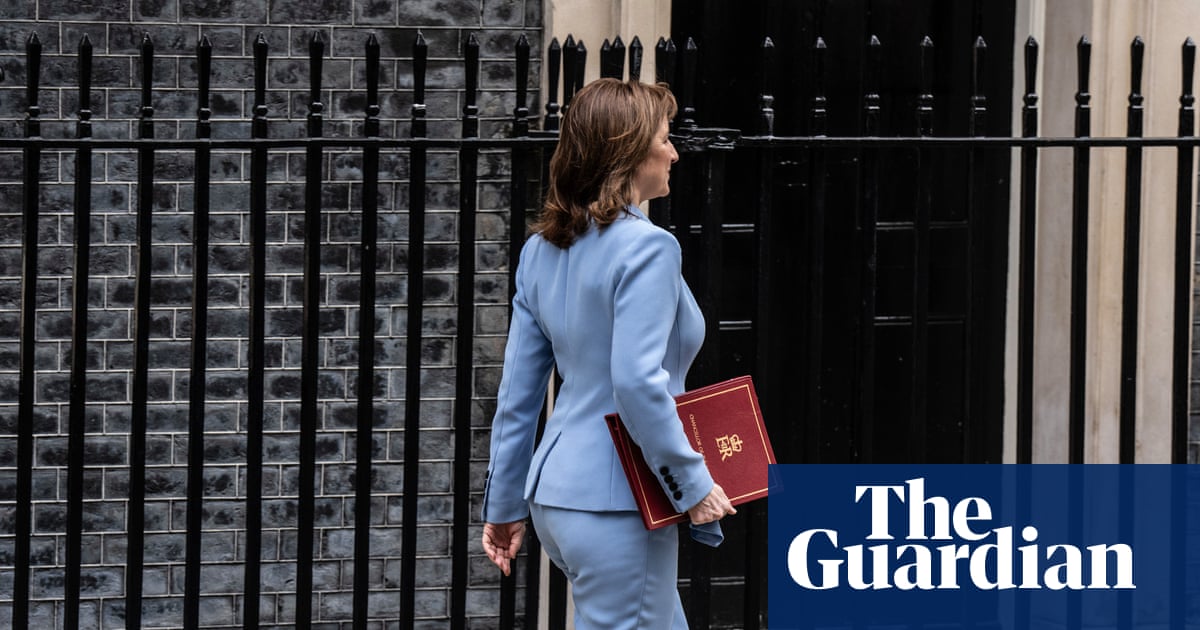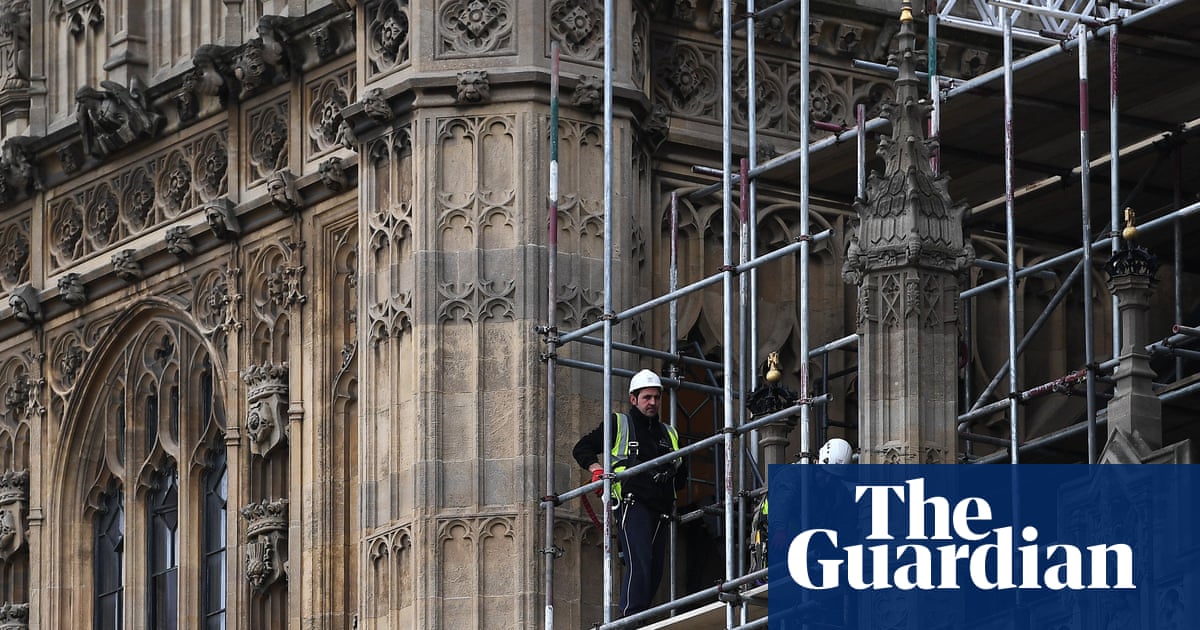Mayors and councillors in England face suspensions of up to six months for serious misconduct and repeated rule breaches as the government seeks to overhaul standards in local government.
Under plans unveiled on Tuesday, local authorities will be handed powers to suspend rule-breaking councillors and mayors, including those found guilty of bullying and assault, and to withhold their allowances.
Ministers said the changes, which will be introduced via parliamentary legislation, would help improve public confidence in local government.
Steve Reed, the local government secretary, said he was committed to “rooting out those who bring the system into disrepute” and that “when a small minority behave badly, it’s a disservice to hard-working councillors and to taxpayers”.
The government said there were two cases of councillors this year who were convicted for serious offences but remained in post until they were handed prison sentences.
In one case in January, a councillor from Devon was jailed for 18 weeks after “a tirade of abuse” against a senior council officer.
Len Ford, a member of Torridge district council, was found guilty of harassment after saying the council’s head of legal, Staci Dorey, was “corrupt, dishonest, Hitler and a disgrace to the human race”. Dorey had cameras fitted at her home because of fears over her personal safety and considered quitting her job.
In March Paul Ockelton, a Tewkesbury borough councillor, was convicted of sexually assaulting a girl under 13. Richard Stanley, the Liberal Democrat leader of the council, said that once he was made aware he “took the steps that I was legally able to take” but Ockelton refused to resign from the authority at first. He eventually did so after being found guilty.
The changes could also affect councillors serving in England who simultaneously seek election abroad. Reed said this week that he was “appalled” by cases of Tower Hamlets councillors who had launched campaigns to stand in upcoming elections in Bangladesh.
As part of the changes, the government will introduce a mandatory code of conduct applying to representatives across all types of local authorities in England.
The move follows a consultation in which 94% of respondents backed a code of conduct for local leaders and 86% supported powers to suspend councillors for serious breaches.
Angela Rayner, who was the local government secretary until September, outlined the planned changes in her speech to local government leaders in October last year.
Addressing the Local Government Association conference, Rayner said she was aware of “cases of persistent bullying and harassment by councillors, even in some cases leading to victims’ resignations. We don’t have a system that protects victims or empowers councils to deal with unacceptable behaviour. And this cannot go on”.
Local government minister Alison McGovern said the changes “will raise the bar and ensure swift, fair action where it’s needed most” and “attract the best and brightest talent into local government, giving residents the representation they deserve”.
Ministers have announced a series of changes affecting local government in recent months. This summer they said they would give councils in England the flexibility to decide when to hold remote and hybrid meetings.
And last month, Reed announced a crackdown on councils in England introducing four-day working weeks on the basis that it damages their performance.
Reed wrote to South Cambridgeshire district council, which is the only local authority to have formally trialled a four-day week for staff so far, saying that it risked worsening public services and value for money.
Reed said it was not in line with government policy for the council to offer its staff 100% pay for 80% of the workload.

 3 months ago
81
3 months ago
81

















































